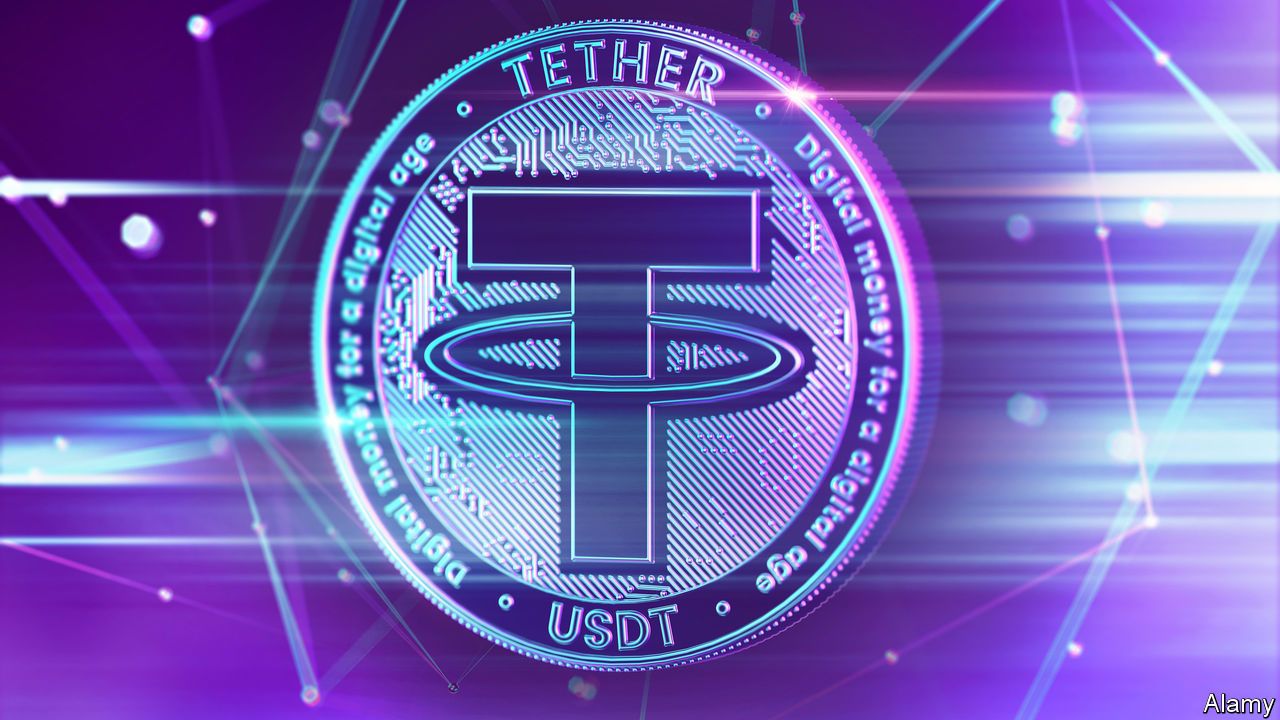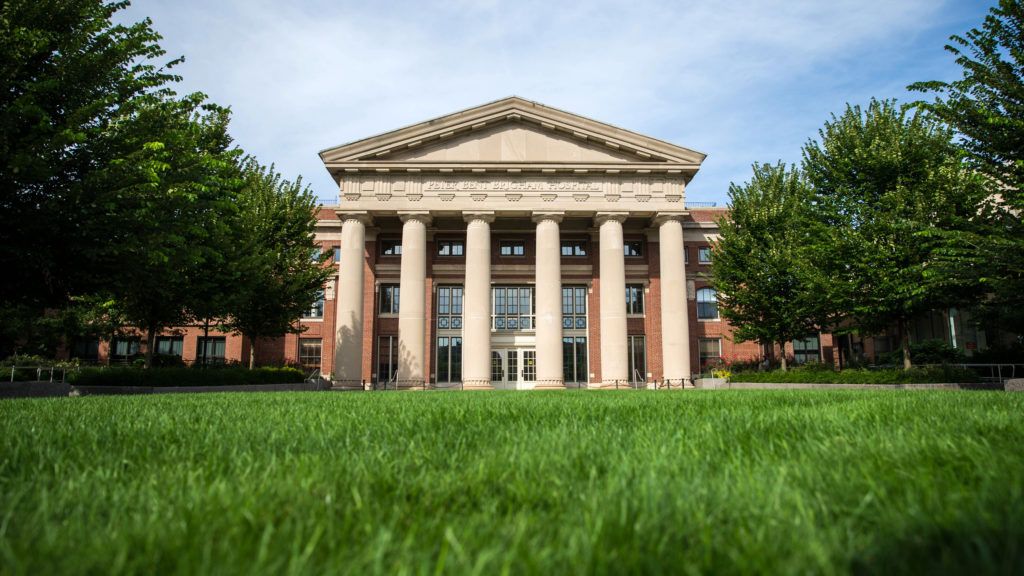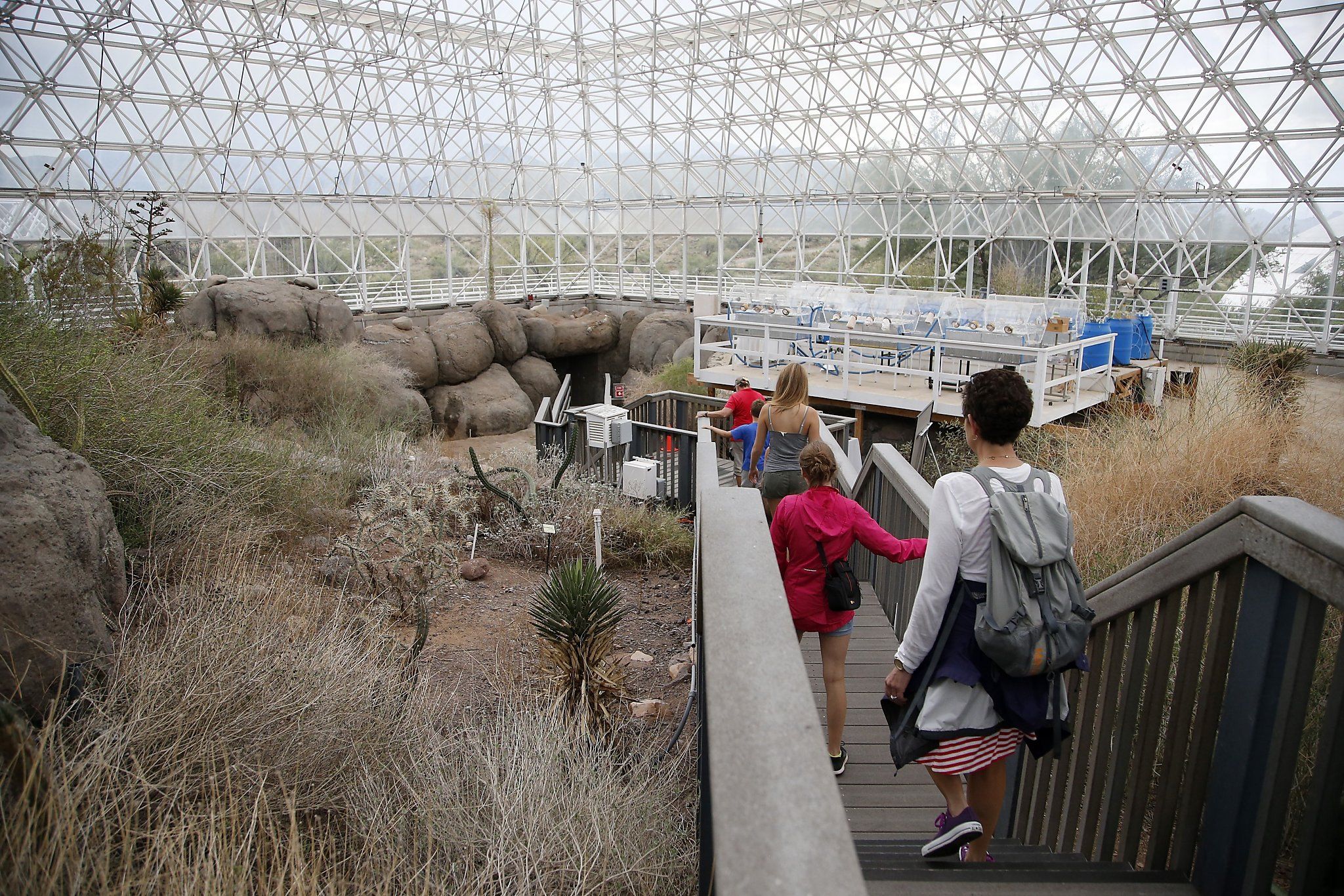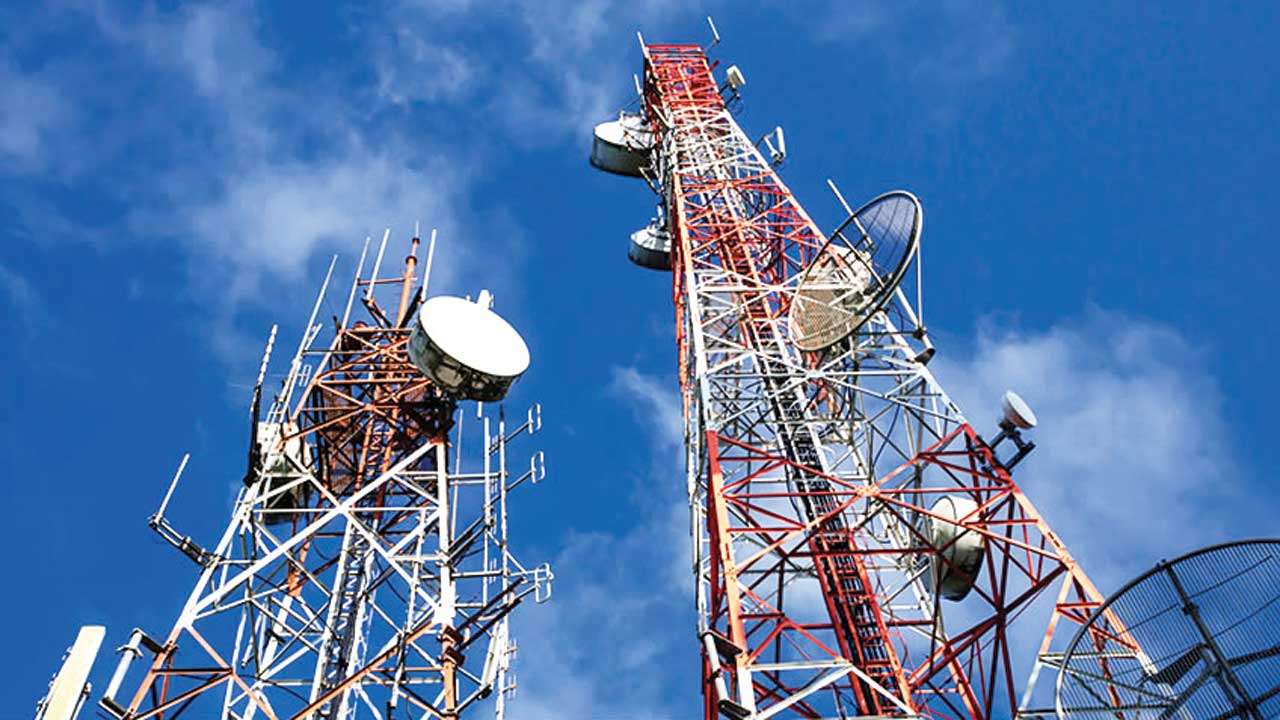Store some stem cells for a rainy day.



Prime Minister Narendra Modi’s administration now is pivoting toward promoting EVs in public transportation and fleet operations – primarily, two- and three-wheelers, taxis and buses. The Ministry of Finance is finalizing a plan to spend about 40 billion rupees ($600 million) in the next five years to improve the nation’s charging infrastructure and subsidize e-buses.
An electric-vehicle revolution is gaining ground in India, and it has nothing to do with cars.
The South Asian nation is home to about 1.5 million battery-powered, three-wheeled rickshaws – a fleet bigger than the total number of electric passenger cars sold in China since 2011. But while the world’s largest auto market dangled significant subsidies to encourage purchases of battery-powered cars, India’s e-movement hardly got a hand from the state.
Rather, drivers of the ubiquitous three-wheelers weaving through crowded, smoggy streets discovered that e-rickshaws are quieter, faster, cleaner and cheaper to maintain than a traditional auto rickshaw. They also are less strenuous than cycle rickshaws, which require all-day peddling. So with more rides possible in a day, the e-rickshaws are proving more lucrative.

Congratulations to the Forest Organics team and their awesome new site — https://www.myforestorganics.com/
A single PET scan is over 3k.
A new study delivers the dark financial reality of cancer.


Crop Trust guards about one million varieties of seeds in a mountain in Svalbard, Norway. The doomsday vault is the back-up for 1,700 seed banks worldwide, in the event of some future apocalypse.
The term “conservation” may bring wildlife or land preservation to mind. But what about the food we eat?
According to Crop Trust, an international organization working to safeguard agriculture, we only use about 1 percent of available crops to fuel our diets. That could put the future of our food system at risk.
That’s why Erik Oberholtzer helped to gather leaders in the restaurant industry last week at Google’s New York City office in an effort to encourage a more diverse and delicious future. On the menu was Breadfruit Tikki, Teff Tacos and Fonio Salad.

Anversa, who according to publications was most recently affiliated with the Cardiocentro Ticino and University of Zurich, could not be reached for comment. An email to his address at Cardiocentro Ticino bounced back. A number of Anversa’s co-authors either did not immediately respond to a request for comment, or declined.
“We are committed to upholding the highest ethical standards and to rigorously maintaining the integrity of our research,” Harvard and the Brigham said. “Any concerns brought to our attention are reviewed in accordance with institutional policies and applicable regulations.”
Anversa received his MD from the University of Parma in Italy and gained prominence as a stem-cell researcher at New York Medical College in Valhalla, N.Y., where he worked before moving to Harvard Medical School and the Brigham in 2007. Anversa became a full professor in 2010, joined in that rank that year by Dr. José Baselga, who earlier this fall resigned his post at Memorial Sloan Kettering Cancer Center amid reports that he failed to adequately disclose financial conflicts of interest.

ORACLE, Ariz. — They lived for two years and 20 minutes under the glass of a miniature Earth, complete with an ocean, rain forest, desert, grasslands and mangroves. Their air and water were recycled, and they grew the sweet potatoes, rice and other food they needed to survive.
About 1,500 people were invited and some 200 journalists were on hand as the eight original inhabitants of Biosphere 2 left their glass terrarium a quarter-century ago last month in two groups that no longer talked to each other amid the stress of sharing a small space and disputes over how the project should be run. Detractors called the $150 million experiment a failure because additional oxygen was pumped into what was supposed to be a self-sustaining system.
A power struggle in subsequent months led the financial backer, Texas billionaire Edward Bass, to hire investment banker Stephen Bannon, who was later President Trump’s chief strategist, to bring the project back from financial disarray.

Kudos to WallStreet analyst and advisor, Ric Edelman. He drank the Kool-Aid, he understands a profound sea change, and he sees the ducks starting to line up.
Check out the clearly articulated interview, below, with Bob Pisani at the New York Stock Exchange and legendary Wall Street advisor, Ric Edelman, (Not my term…That’s what CNBC anchor, Melissa Lee, calls him). Read between the lines, especially the last words in the video, below.
Ric Edleman has just joined Bitwise as both investor and advisor. This lends credibility and gravitas to the organization that created the world’s first cryptocurrency index fund. Bitwise benefits from Edelman’s affiliation, because the US has been slow (some would say “cautious”) in recognizing the facts on the ground: Cryptocurrency is already an asset class.
Edelman fully embraces a strong future for Bitcoin—not just as a currency or payment instrument, but as a legal and recognized asset class; one that is at the starting line of a wide open racetrack. He explains that the SEC sets a high bar for offering a Bitcoin ETF, but that this will be achieved. It will pave the way for large institutions, pension funds, etc to allocate a portion of money under management for blockchain products.
At timestamp 3:39, Melissa asks Edelman “Why wait for an ETF?” and “If you believe this strongly, why not advise clients to invest a portion of assets into Bitcoin right now?”
Edelman’s response is stunning. He explains that he is frustrated, because this is what he wants to advise. But, his firm is bound by the Investment Act of 1940—and so, they cannot tell a client “Go to Coinbase” or “Invest in a private fund such as Bitwise—that I am such a big fan of. We don’t have that ability in our practice.” [i.e. until the SEC recognizes Bitcoin as an asset].
In my opinion (and in the opinion of Edleman), SEC recognition of Bitcoin as an asset can’t be far off…
It’s not difficult to read between the lines. Edleman makes a clear recommendation, although he can not yet advise this—certainly not on the record. His personal forecast for long term adoption and appreciation, especially of Bitcoin, matches my own analysis. His new affiliation with Bitwise (a pretty bold move) demonstrates certain commitment.
This ends my analysis of Edelman’s strong endorsement. But it raises another important question:
If large financial institutions are likely to offer Bitcoin products
and services—and if credible analysts & advisors are chomping
at the bit to recommend this new asset class—shouldn’t we
invest in Bitcoin now?!
Ironically, I do not recommend hording or investing in cryptocurrency, even as a collectable. Why?! Because of the big “Investment Catch-22”. I don’t discourage investing in Bitcoin because I fear that its value will lessen. It is for a completely different reason. And so, my advice against investing is half-hearted.
Currently, Bitcoin and altcoins are widely misunderstood. Many people have these false impressions…
All of this is untrue, except the last item—and that one is a tremendous benefit.
Additionally, blockchain currencies fluctuate widely in real market purchasing power, many altcoins and all ICOs are scams, and acceptance is far from being ubiquitous. Clearly, widespread adoption requires stability, infrastructure, trust and ubiquity.
This cannot happen until two things occur:
Things are beginning to change, but for such a positive and transormative mechanism, that change is frustratingly gradual.
A series of falling dominos is already in process. But, the end game is retarded by those of us who invest in Bitcoin, because we are removing a limited resource from circulation and contributing to volatility. We do this, because we realize that—in the long run—Bitcoin can only go up in value. Yet, our investment at such an early stage (before consumer adoption) makes the infant sick.
Philip Raymond co-chairs CRYPSA, hosts the New York Bitcoin Event and is keynote speaker at Cryptocurrency Conferences. He advises The Disruption Experience in Singapore, sits on the New Money Systems board of Lifeboat Foundation and is a top Bitcoin writer at Quora. Book a presentation or consulting engagement.

The new digital communications policy (NDCP) 2018, approved by the Cabinet on Wednesday, looks too good to believe. It has promised to create an additional four million jobs in five years and reskill another one million people in new-age skills and sectors such as 5G LTE and artificial intelligence. Six lakh villages will be connected which will eventually lead to creating jobs and several earning avenues such as managing WiFi hotspots and laying optical fibre, among others. The policy will give an impetus to the job market.
NDCP is bound to create a massive infrastructure and help the debt-ridden telecom sector emerge from its current turbulence. The policy document envisages the reduction in levies and ease of doing business, and this will help restore the financial health of the long-bleeding sector. The focus will be on the proliferation of telecom services and facilitating low-cost financing. The government’s ambitious plan of Digital India will get a booster shot. Thanks to the promise of 50 Mbps speed in the broadband connection, the consumer will be the ultimate beneficiary.
Plans are afoot to reform the licensing and regulatory regime to facilitate investments and innovation, besides promoting ease of doing business. The success of the policy will depend on the execution of the policy.